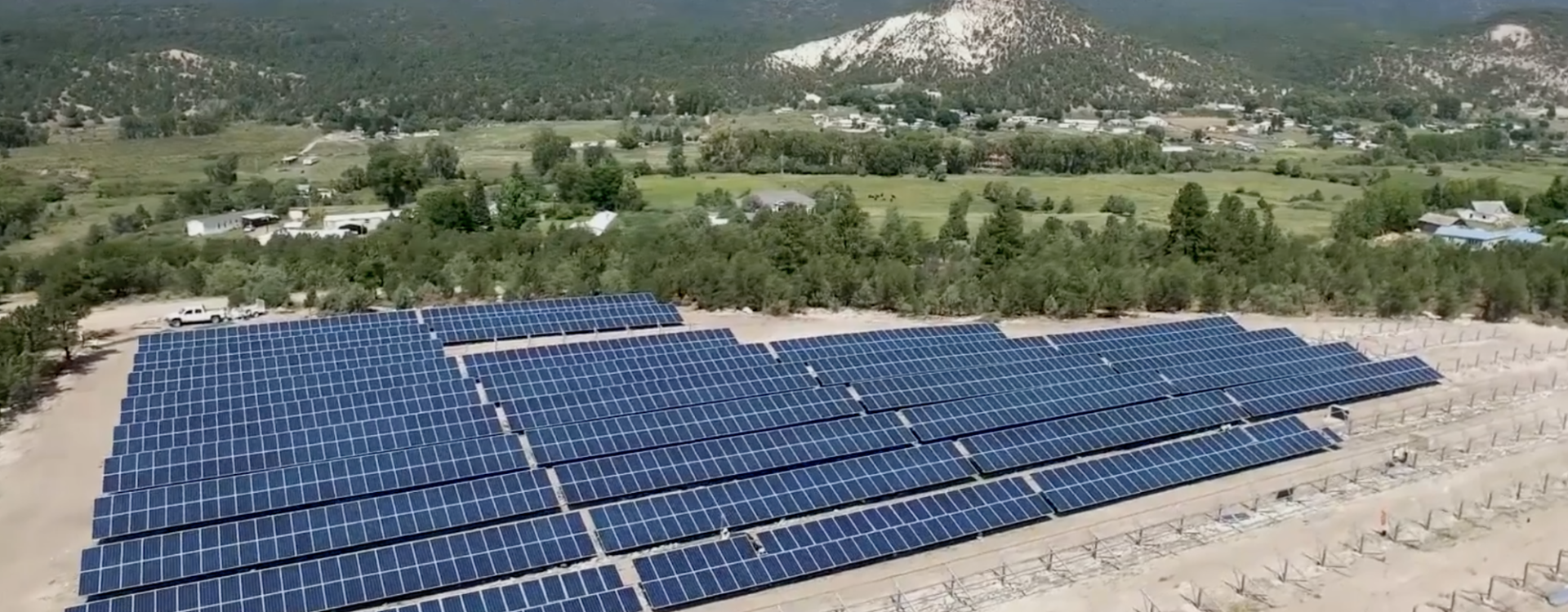Several new federal funding programs, via the Infrastructure Investment and Jobs Act (IIJA, aka the Bipartisan Infrastructure Law) and the Inflation Reduction Act (IRA) can or will provide funding, incentives, and rebates for several aspects of the clean energy transition in Indian Country, with the potential to also reduce energy expenses, increase resiliency, and create a more healthful environment.
Inflation Reduction Act
The 2022 Inflation Reduction Act holds enormous potential for tribal communities to decarbonize buildings, and reduce emissions and energy costs, with a rich blend of rebates, tax deductions, and other incentives, totaling hundreds of billions of dollars and now available. The IRA is a game-changing law that can accelerate the transition to healthy and electrified buildings but depends on consumers taking advantage of the new incentives and local governments designing programs for maximum climate benefits and accessibility to low-to-middle-income (LMI) households. Download this easy-to-read summary from America is All In, and watch a replay of the webinar produced by INDIGENOUS Energy Initiative with the Department of Energy.
In addition to the buildings provisions, the IRA offers improved rebates and incentives for the purchase of new and used electric and fuel cell vehicles, both individual and commercial, as outlined in this summary from the Congressional Research Service.
Infrastructure Investment and Jobs Act
Administered through the Department of Energy’s new Grid Deployment Office, the upcoming Grid Resilience and Innovation Partnership Program is funded by the IIJA (Bipartisan Infrastructure Law), and will enhance grid flexibility, and improve the resilience of the power system against growing threats of extreme weather and climate change. The three programs are:
- Grid Resilience Grants ($2.5 billion) will support activities that will modernize the electric grid to reduce impacts due to extreme weather and natural disasters. This program provides grants to electric grid operators, electricity storage operators, electricity generators, transmission owners or operators, distribution providers, and fuel suppliers.
- Smart Grid Grants ($3 billion) will increase the flexibility, efficiency, and reliability of the electric power system, with particular focus on increasing capacity of the transmission system. This grant program has broad eligibility, open to domestic entities including institutions of higher education; for-profit entities; non-profit entities; and state and local governmental entities, and tribal nations.
- Grid Innovation Program ($5 billion) will provide financial assistance to one or multiple states, Tribes, local governments, and public utility commissions to collaborate with electric sector owners and operators to deploy projects that use innovative approaches to transmission, storage, and distribution infrastructure to enhance grid resilience and reliability.
DOE expects to release the final Funding Opportunity Announcement for FY22 and FY23 funding that will solicit concept papers and applications later this year. Read more in the DOE press release.
Categorised in: Featured, Funding and finance, Uncategorized


